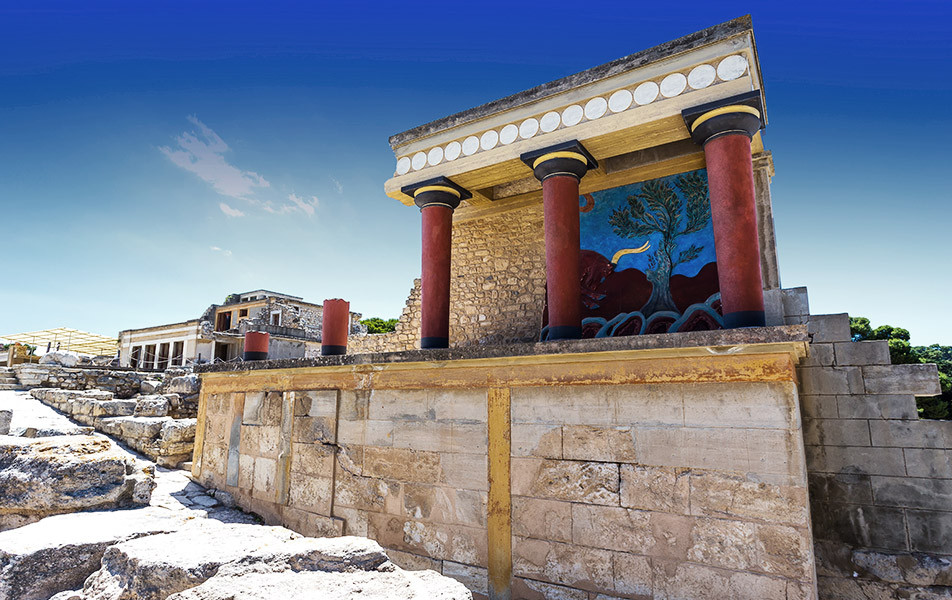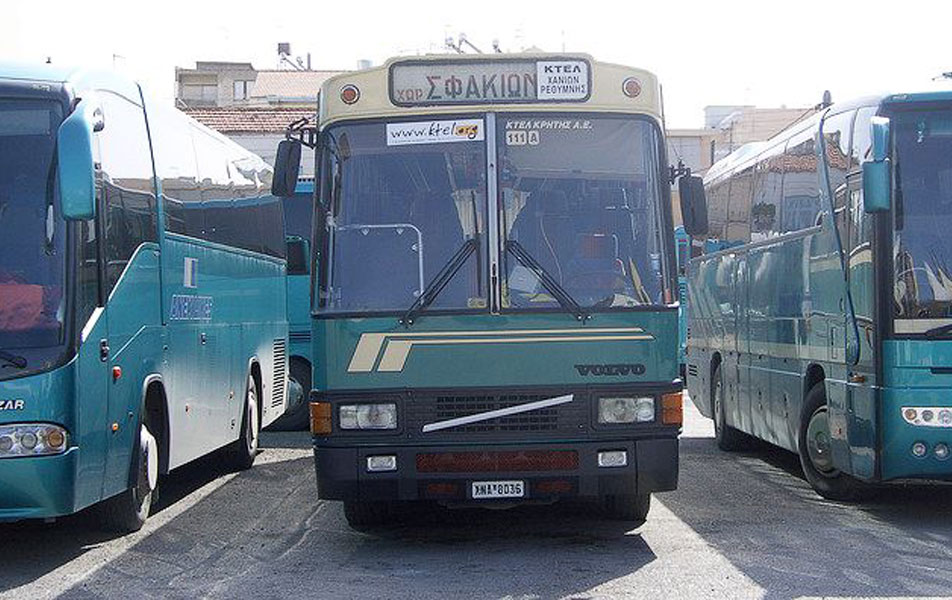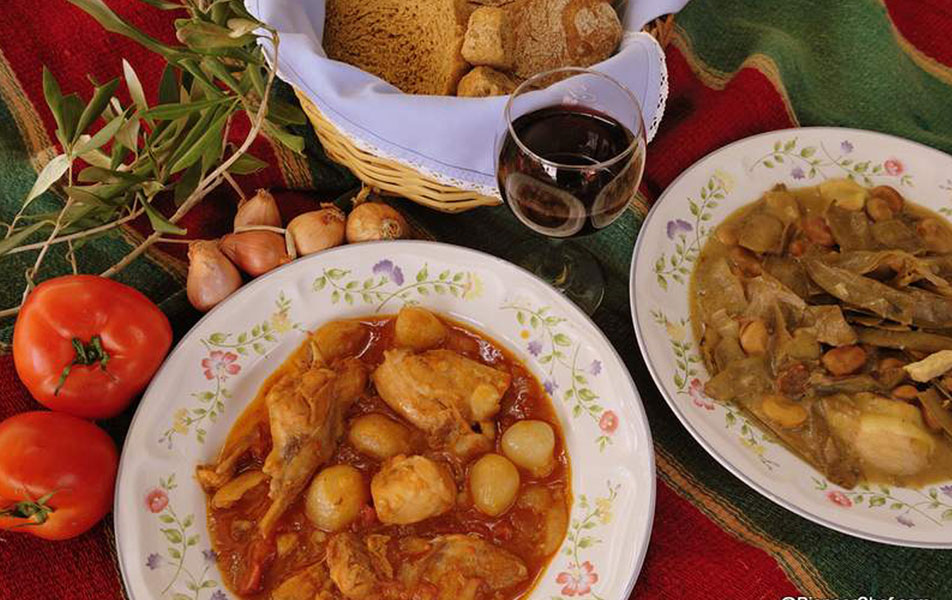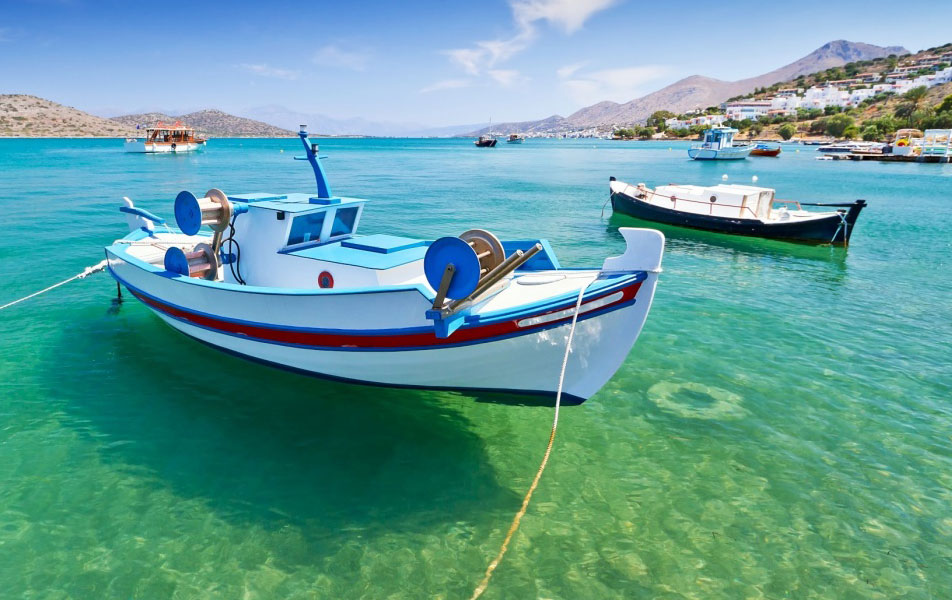WHAT TO DO
ATTRACTIONS
You’ll find plenty to keep you busy in Crete. History buffs will enjoy a visit to the Palace of Knossos and the Heraklion Archaeological Museum, while sun-seekers can soak up the rays along the island’s sandy coasts. Outdoorsy types can hike their hearts out at Samaria Gorge in Chania to the west, explore the palm-tree forests in Lasithi in the east or hang in the traveler-recommended Balos Lagoon in Kissamos. And shopaholics will love the boutique-lined boulevards of Agios Nikolaos.

SHOPPING
Shopping in Crete, the largest and most wonderful of the Greek island, is often a lot of fun and a lot less stressful than shopping in the UK for example. It’s a lot less expensive too.
For people living here or hoping to live here be assured that EVERYTHING you could ever want or need is available here and often a whole lot cheaper. And for tourists there is simply no point loading your suitcase with items that you can buy here.

NIGHTLIFE
Apart from the Cyclades islands which are world famous for their party vibes, Crete island is also an island with wild nightlife in some spots. It offers a wide plethora of options to spend amusing nights for all tastes and ages. From wild parties to traditional Greek nights with Cretan musicians, Crete has it all.





